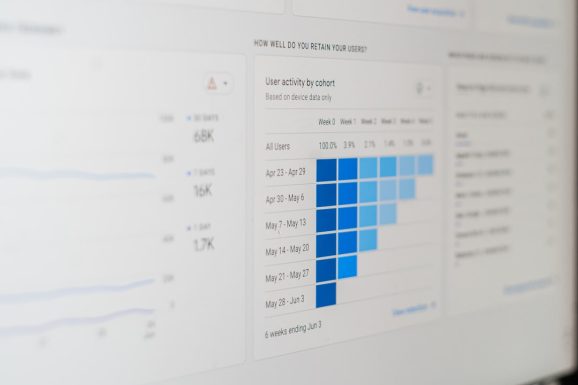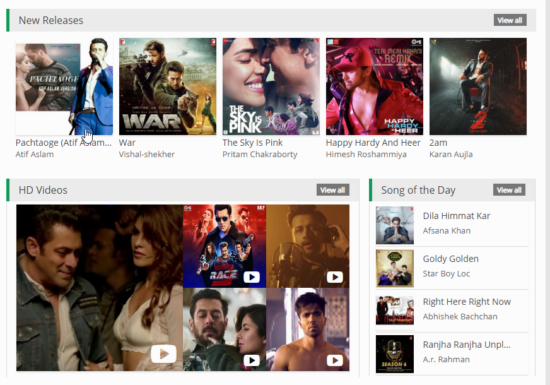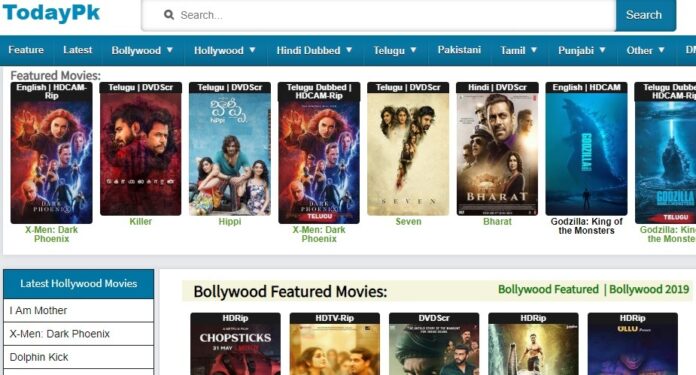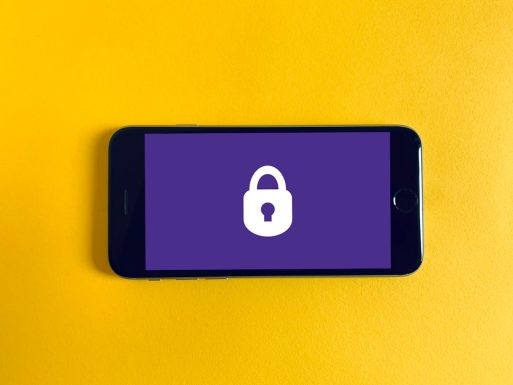In the ever-evolving landscape of artificial intelligence and conversational automation, organizations are increasingly turning to AI-powered solutions to streamline internal workflows, enhance customer interactions, and reduce operational overhead. Deepask, a robust enterprise chatbot platform, has carved out a place as a leading solution thanks to its emphasis on security, compliance, and enterprise-grade features. Among its standout tools are Single Sign-On (SSO), Personally Identifiable Information (PII) controls, and Audit Log capabilities — all vital for companies working within regulated industries or protecting sensitive data.
Why Security and Compliance Matter in AI Chatbots
All Heading
As AI-powered chatbots become embedded in business tools, the risk of exposing sensitive data increases significantly. Whether facilitating human resources queries, handling customer payments, or assisting with internal IT support, chatbots often process and manage sensitive data. That’s why enterprises need assurances that their chatbot provider prioritizes data protection, user authentication, and auditing functions.
Deepask addresses this challenge head-on with a suite of compliance-ready features that ensure data remains secure and traceable while giving administrators oversight and control over user interactions.
Single Sign-On (SSO): Simplified and Secure Access
Single Sign-On (SSO) enables users to access Deepask chatbots using their existing company credentials without needing to create a separate set of login details. This integration supports SAML and OAuth2 protocols, ensuring compatibility with popular identity and access management systems like Okta, Azure Active Directory, and Google Workspace.
Here are the key advantages of SSO within Deepask:
- Enhanced security: By centralizing authentication, enterprises reduce the domains where credentials are stored and managed, lowering the attack surface.
- Frictionless user experience: Employees can access the Deepask environment effortlessly, improving adoption rates and productivity.
- Centralized control: Administrators retain oversight over user access, enabling quick onboarding and offboarding.
SSO is not just about convenience — it’s a core security best practice that helps businesses stay compliant with internal policies and external regulatory frameworks.

PII Protection: The Heart of Data Responsibility
Deepask recognizes the critical importance of protecting Personally Identifiable Information (PII), such as names, addresses, financial data, and medical records. The platform includes configurable data handling tools that identify, mask, or redact PII during interactions.
Core PII control features include:
- Data redaction: Sensitive fields can be automatically masked in logs or real-time conversations, preventing exposure to unauthorized viewers.
- Customizable PII recognition: Deepask uses machine learning and pattern recognition to detect common PII formats, but administrators can also tailor detection rules based on business needs.
- End-to-end encryption: All communication between users and Deepask is encrypted in transit and at rest, limiting access to data even in the event of a breach.
The PII control functions help industries like finance, healthcare, and legal services adhere to frameworks like GDPR, HIPAA, and CCPA without compromising productivity.

Audit Logs: Visibility for Governance and Forensics
Transparency and accountability are essential to enterprise governance, especially when AI is involved in sensitive decision-making processes. Deepask’s integrated Audit Logs give administrators full visibility into how users interact with the chatbot, what data is accessed, and when critical operations occur.
Audit log functionalities include:
- Interaction tracking: Each user session is logged with timestamped records of inputs, outputs, and internal actions taken by the bot.
- Searchable historical data: Administrators can trace activity patterns, investigate anomalies, or extract data for compliance reviews.
- Export formats: Audit logs can be exported in standardized formats compatible with SIEM and compliance reporting tools.
These logs not only facilitate internal governance but are crucial for meeting auditing requirements in highly regulated sectors. Deepask ensures that every action taken through its chatbots can be accounted for — a necessary layer of trust in AI-driven processes.
Industry Use Cases Emphasizing Security & Compliance
The combination of SSO, PII controls, and audit logs empowers Deepask to serve a broad range of regulated sectors, including:
- Healthcare: Deepask can support patient interaction systems while ensuring HIPAA compliance through PII masking and auditability.
- Banking and Finance: With stringent authentication and granular audit logs, financial institutions can safely deploy chatbots in customer service and compliance workflows.
- Legal Services: Secure interaction environments protect confidential client data and ensure that all chatbot behaviors are logged for legal reviews.
This functionality also supports internal operational excellence, allowing organizations to manage security incidents and data governance policies effectively.
Future-Proofing AI Adoption
As regulatory bodies around the world heighten their scrutiny over AI technologies, platforms like Deepask that prioritize security and compliance are best positioned for growth. The features discussed — SSO, PII controls, and audit logs — are not optional extras but foundational pillars for secure enterprise AI adoption.
Beyond policy adherence, these capabilities also build trust between organizations and their employees, customers, and stakeholders. When users feel safe interacting with chatbots, adoption flourishes and the full potential of conversational AI is unlocked.
Conclusion
Security and compliance are more than checkboxes; they form the backbone of trust in modern AI applications. Deepask distinguishes itself through a holistic approach to data protection, transparency, and controlled access — making it a leading choice for businesses that won’t compromise on safety or functionality.
Frequently Asked Questions (FAQ)
- What types of SSO does Deepask support?
- Deepask supports industry-standard SAML and OAuth2 protocols, compatible with major providers including Okta, Google Workspace, and Azure Active Directory.
- Can administrators customize PII detection rules?
- Yes. While Deepask includes default PII detection models, administrators can define additional rules based on unique organizational needs.
- Is it possible to export audit logs to external security platforms?
- Absolutely. Audit logs can be exported in commonly used formats, making it easy to integrate with Security Information and Event Management (SIEM) platforms.
- How does Deepask ensure encryption and data privacy?
- All data is encrypted both in transit and at rest using advanced encryption protocols, aligned with enterprise-grade security standards.
- Is Deepask compliant with regulations like GDPR and HIPAA?
- Yes. Deepask includes features designed to meet GDPR, HIPAA, and other data protection regulations, though final compliance also depends on how the platform is configured and used within your organization.













Recent Comments